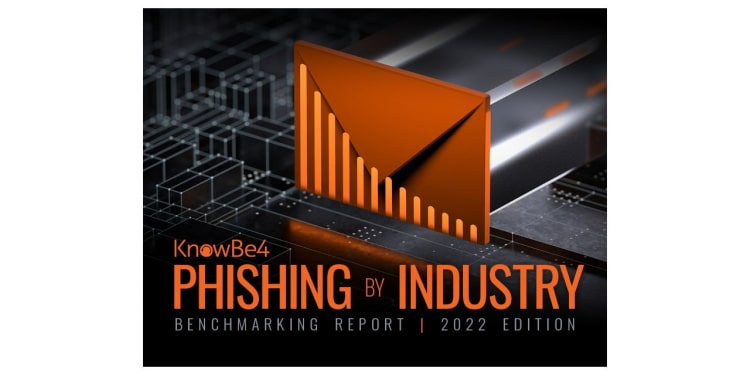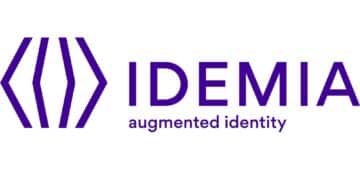KnowBe4 has released its new 2022 Phishing by Industry Benchmarking Report to measure an organisation’s Phish-prone Percentage (PPP), which indicates how many of their employees are likely to fall for phishing or a social engineering scam.
With ransomware payments averaging $580,000 in 2021 and business email compromise (BEC) losses topping $1.8 billion in 2020, a cyber-attack can wreak havoc on an organisation. Yet, according to the baseline testing conducted for the report, without security training, across all industries globally, 32.4% of employees are likely to click on a suspicious link or comply with a fraudulent request. In some large category industries, such as Consulting, Energy & Utilities, and Healthcare & Pharmaceuticals, the percentage is over 50%.
The United Kingdom and Ireland region showed a slightly lower risk than the global average, with 30% of untrained employees likely to click on a suspicious link or comply with a fraudulent request across all industries and organisation sizes. Large organisations (more than 1,000 employees) with no security training showed a PPP only slightly higher than the global average, at 32.7%.
KnowBe4 analysed a data set of over 9.5 million users across 30,173 organisations, with over 23.4 million simulated phishing security tests across 19 different industries. The resulting baseline PPP measures the percentage of employees in organisations that had not conducted any KnowBe4 security training, who clicked a simulated phishing email link or opened an infected attachment during testing.
When organisations implemented a combination of training and simulated phishing security testing after their initial baseline measurement, results changed dramatically. In 90 days after completing monthly or more frequent security training, the average PPP decreased to 17.6%. After twelve months of security training and simulated phishing security tests, the average PPP dropped to 5%, indicating that new habits become normal, fostering a stronger security culture.
The UK and Ireland Region results were comparable to the global average with the exception of large organisations, which after one year of training still tested at 8.3% PPP, substantially higher than the global average.
The 2022 Phishing by Industry Benchmarking Report underscores that fact that while technology plays an important role in preventing and recovering from an attack, organisations cannot afford to ignore the human factor. Verizon’s 2022 Data Breach Investigations report states that 82% of breaches this year involved the human element.
“In critical industries like Energy & Utilities and Healthcare & Pharmaceuticals where lives can be severely impacted, we found particularly high levels of cybersecurity risk as a result of simulated phishing test failures,” said Stu Sjouwerman, CEO, KnowBe4. “With the steep cost of cyberattacks, this is deeply concerning. Given that most data breaches originate from social engineering, we cannot afford to omit the human element. Implementing security awareness training with simulated phishing testing will help to better protect organisations against cyber attacks and result in a more secure organisational culture.”
To download a copy of the KnowBe4 Phishing by Industry Benchmarking Report, click here





